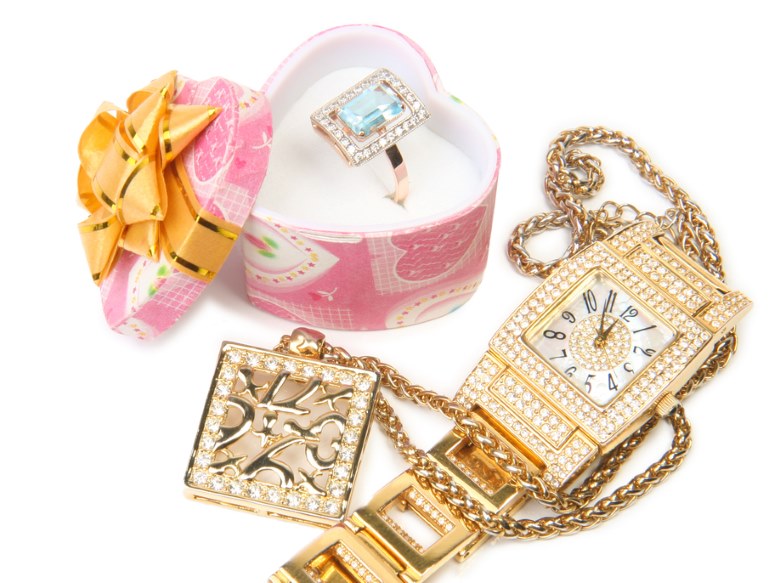Should You Buy Physical Gold or ETFs? Weigh the Pros and Cons

When looking to invest in gold, investors have a number of ways to do so. Some of the common ways investors add gold to their investment portfolio is via direct ownership of the physical metal, gold exchange traded funds (ETF), gold mutual funds, and gold options or futures which are much more complicated vehicles. Each comes with its own pros and cons; ultimately the choice of ownership comes down to each individual investor’s portfolio needs and risk temperament.
The two most popular methods are direct physical ownership and through gold or silver ETFs; both options are efficient methods to add gold to a portfolio but serve very different purposes.
Gold ETFs (Exchange Traded Funds)
ETFs have increased in popularity due to their liquidity, transparency and low management fees. Structured as a ‘40 Act fund, ETFs are a type of mutual fund that trades on a stock exchange like ordinary stocks. ETFs typically offer investors exposure to a basket of securities, foreign currency, oil futures and even gold.
Gold and silver ETFs allow investors to invest in gold without having to actually handle or store the physical gold. So, when gold starts trending up, they enable exposure to gold in a low cost vehicle that can be bought or sold intraday like a stock.
The largest traded and most popular gold ETF, GLD, is structured as a trust and sponsored by the World Gold Council which seeks to reflect the price performance of gold by holding gold bars and issuing shares backed by their holdings of the physical metal. The bars are held in HSBC’s vault in London.
The ETF allows an investor to make a gold allocation to their portfolio without purchasing physical bars or coins. While this may be efficient for many investors, some may find it difficult to accept that the ETF shareholders have no rights of redemption which means that the investors don’t actually own gold, rather an asset that is backed by gold. Even though the bars of gold do exist, an investor can’t simply knock on the door and get their gold; only “authorized participants” are allowed to.
Direct Physical Ownership
Physical gold can be bought in many forms such as jewelry, bars and coins. Investors predominantly seek gold coins because the value of the coin has a direct correlation to the spot price of gold. Bullion coins are the most easily traded and universally recognized.
Premium coins such as the Saint-Gaudens double eagle, Barber dime and Liberty Head nickel, typically hold the highest value in the market due to their rarity value, which adds to the gold content present in the coins. These collector coins have limited production and are rated by internationally recognized entities such as the Professional Coin Grading Service (PCGS) who grade the coins based on condition and rarity.
Much like the ETF, direct gold ownership provides an investment hedge against inflation and rising rates but goes one step further. Direct ownership enables investors to have full control of their gold investment. Locked in a safe and in their possession, the gold is a tangible asset investors can do with as they please. The coins can provide security in times of economic collapse and can potentially be used as currency in extreme situations.
Defining Your Investment Purpose:
Owning physical gold is distinctly different from owning a gold ETF. Many investors actually own both for the different reasons stated in this article. Individuals need to take a close look at their portfolios and their investment strategy to determine if they want to own the tangible option which is physical gold or if they simply want exposure to the asset that’s electronically traded without taking possession of the commodity.
More Information
-

What Makes a Precious Metals Item an Investment?
Just because its gold, doesn't mean its protecting your future the way a true investment does... -

Gold Prices and US Dollar Movement Correlation
Given that gold is priced and traded in U.S. dollars, you might wonder how movement in one affects the other...